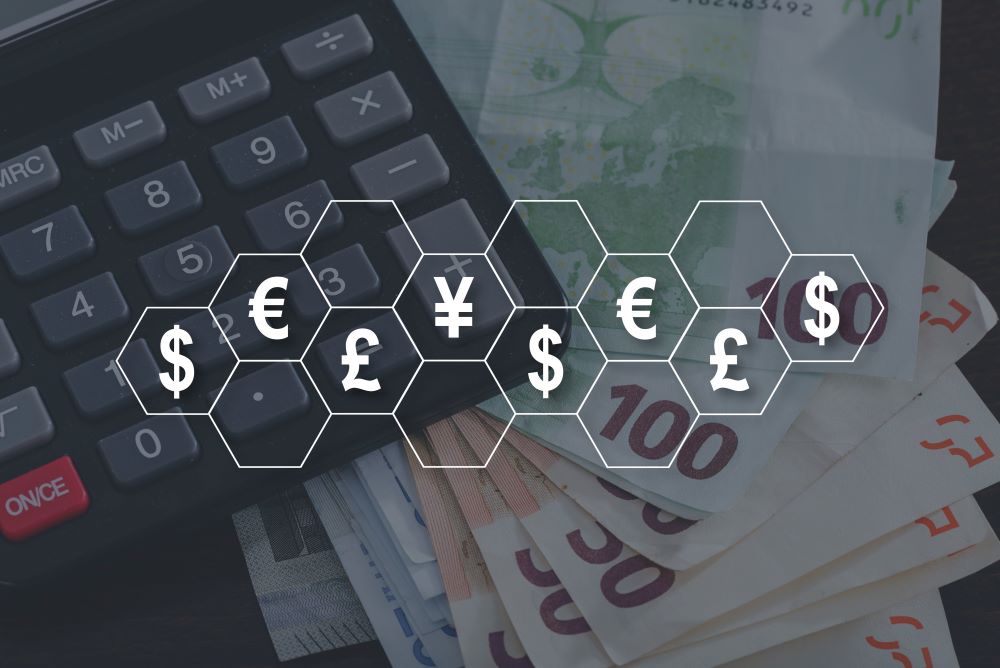
Sponsored content from Bibby Financial Services
The accelerating return to post-pandemic normality in the UK due to the success of the country’s vaccine rollout has continued to boost the pound in the last week, though political controversies involving the Prime Minister have kept the currency grounded.
Pound’s rise…
The pound started last week strongly compared to the US dollar with optimism surrounding negotiations on the implementation of the Northern Ireland Protocol and bullish comments from the Bank of England (BOE) pushing it from US$1.39 on Monday to $1.398 on Wednesday evening.
Deputy BOE governor Ben Broadbent predicted “very rapid” growth at least during the next couple of quarters.
…and fall
However, political issues on Friday bought the pound back down to earth.
Prime Minister Boris Johnson has been under fire for allegedly asking Conservative Party donors to fund the renovation of his Downing Street residence. Further allegations that he said in the autumn that he’d prefer to see “bodies pile in the streets” over forcing another lockdown have also hurt his standing.
This in combination with the resignation of DUP leader Arlene Foster in Northern Ireland on Friday impacted Sterling’s value, falling from US$1.394 to just over $1.38 at close of business on Friday.
It also fell against the euro from €1.1530 to €1.1470.
Strong US data
US economic data from last week continued to be strong and GDP figures revealed a better than expected 6.4% annualised rise, compared to a predicted 6.1% for Q1. The quarter-on-quarter figure was also ahead of expectations at 4.1% compared to 2.5%.
Although this strong data was expected to possibly change the stance of the Federal Open Market Committee (FOMC) over interest rates, it declined to budge on record-low levels at a meeting on Wednesday. Furthermore, the statement afterwards gave no sign that there is to be any rate change in the near future.
Inflation rises are still expected to be temporary or transitional, and the US bond buying programme is to continue at $120 million per month until the pandemic is “beaten”.
It did rise to above €0.83 over the weekend but is back below that figure today.
The week ahead
Whether scandals in Westminster influence the PM’s national popularity will become clear in the local election polls that are taking place on Thursday.
Economic data
Highlights this week include:
Tuesday (4 May)
- UK Purchasing Managers' Index (PMI) data for manufacturers and consumer credit report
Wednesday
- Eurozone PMI and Producer Price Index (PPI) report
Thursday
- Local elections in the UK
- UK PMI for services
- Eurozone retail sales
- BOE interest rate decision and Monetary Policy Committee (MPC) vote
Friday
- German industrial production data
- German trade balance
- US non-farm payrolls and unemployment rate

